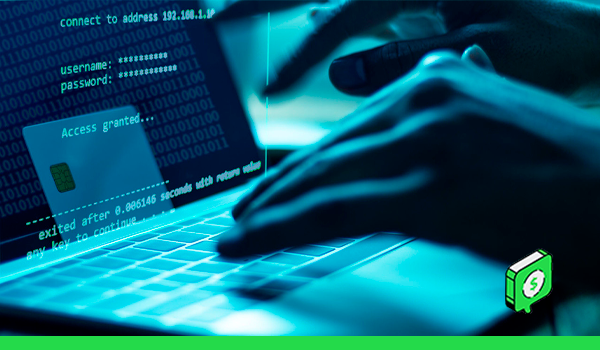Modern Scams Are Almost Impossible to Spot
We’ve come a long way from the days of clumsy scam emails. Today’s fraud operations are powered by AI-generated voices, spoofed domains, and highly customized messages that mimic real urgency. The goal? To manipulate your emotions and rush your decisions. Even tech professionals are getting duped, proving just how refined digital fraud has become.
Your Finances Are Their Main Goal
It’s no longer just about stealing a password. Hackers want full access—to your bank accounts, credit cards, payment apps, and even crypto wallets. With access, they can drain funds, apply for loans in your name, or make purchases in seconds. Financial platforms have become prime targets, making security essential.
Red Flags You Can’t Ignore
Scammers rely on panic, timing, and trust. Be alert if you receive:
- Demands for instant payment or urgent logins
- Random messages from “banks” or shipping companies
- Emails with odd grammar or sketchy-looking links
- Investment pitches that guarantee huge, fast returns
Spotting just one of these can help you stop fraud before it strikes.
Social Media Is Now a Hacker’s Playground
Fake giveaways, cloned influencer accounts, and impersonation are everywhere on platforms like Instagram and Facebook. You might receive DMs that seem legit—until they ask for sensitive info. Deepfakes and AI-powered profiles blur the line between real and fake, so never assume someone is genuine just because they look the part.
5 Ways to Shield Your Finances
To protect yourself in this environment, make these habits non-negotiable:
- Turn on multi-factor authentication for banks and wallets
- Manually type website URLs—never click strange links
- Check your accounts weekly for unusual activity
- Use credit freezes or fraud alerts if your info is compromised
- Report issues fast to your bank and to the FTC
Closing Advice: Be Cautious, Not Paranoid
Tech makes life easier—but also riskier. Today’s scams feel more personal, more convincing, and harder to detect. Staying informed, slowing down before you click, and asking “does this feel off?” might be the smartest financial decision you’ll make this year.





